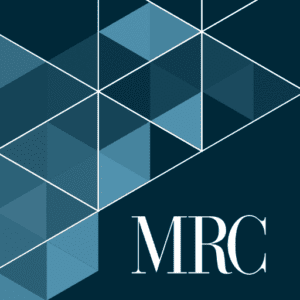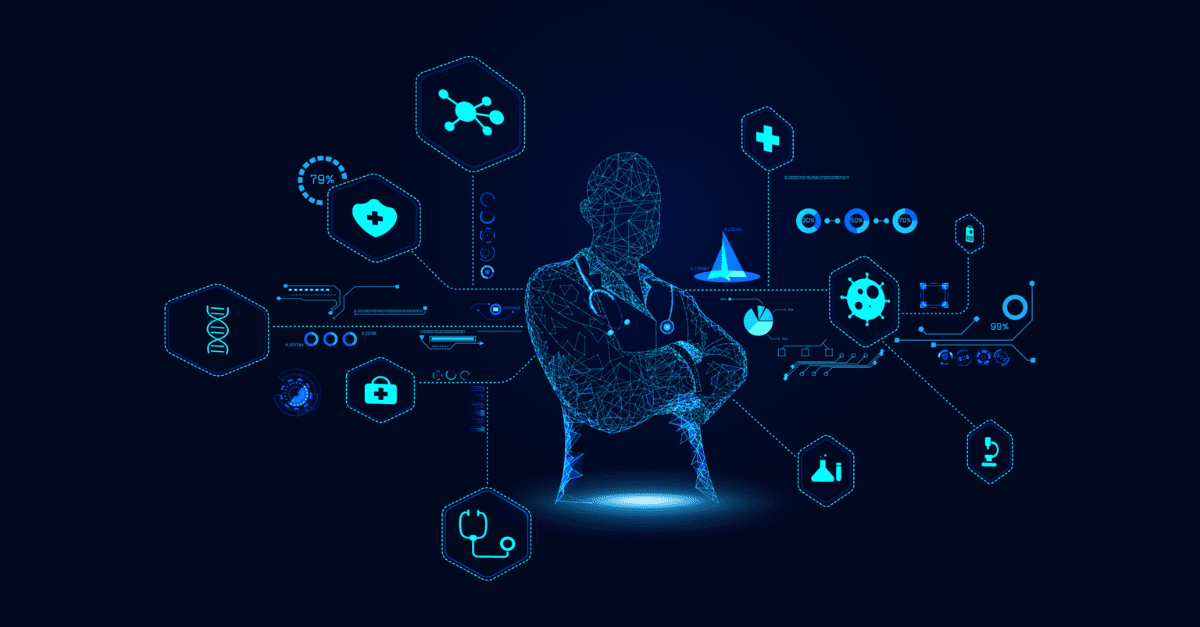The Role of AI in Legal Nurse Consulting: Revolutionizing Case Analysis in Mass Torts
 In today’s complex legal environment, where medical issues are deeply embedded in litigation, legal nurse consulting has become an invaluable resource. The rise of artificial intelligence (AI) is revolutionizing this area, improving the precision and speed of medical case reviews, especially in mass torts. However, despite the significant advancements in AI tools, they still have considerable limitations, highlighting the essential role that legal nurse consultants continue to play.
In today’s complex legal environment, where medical issues are deeply embedded in litigation, legal nurse consulting has become an invaluable resource. The rise of artificial intelligence (AI) is revolutionizing this area, improving the precision and speed of medical case reviews, especially in mass torts. However, despite the significant advancements in AI tools, they still have considerable limitations, highlighting the essential role that legal nurse consultants continue to play.
Where AI Stands Today
AI has come a long way in assisting legal nurse consultants by processing vast amounts of data quickly and identifying crucial data points. For example, AI-powered software can scan through thousands of medical documents to extract relevant information, such as patient symptoms, treatment histories, and diagnostic results. This rapid data processing capability allows legal nurse consultants to focus on interpreting the results and making informed decisions.
AI Tools Transforming Legal Nurse Consulting:
- NLP Software: Tools like IBM Watson Health and Google Health AI use natural language processing (NLP) to interpret and summarize complex medical documents, making it easier for consultants to find pertinent information quickly.
- Machine Learning Algorithms: These algorithms can predict patient outcomes and identify trends in medical data, aiding in the evaluation of causation and damages in mass tort cases.
- Automated Data Extraction: Software like Extract-Transform-Load (ETL) systems can pull relevant data from unstructured sources, ensuring that no critical information is overlooked during case preparation.
The Future of AI in Legal Nurse Consulting
As AI technology continues to evolve, its capabilities in legal nurse consulting are expected to expand. Future developments may include more sophisticated algorithms that can handle increasingly complex medical data and provide deeper insights into case evaluations. Additionally, AI could become better at recognizing subtle patterns and correlations in medical records that are currently beyond its reach.
Potential Future Enhancements:
- Improved Pattern Recognition: AI may develop better capabilities to recognize complex medical patterns, helping to identify potential causations and deviations from medical standards more accurately.
- Enhanced Predictive Analytics: Advanced predictive models could provide more accurate forecasts of patient outcomes and the potential impact of medical issues on legal cases.
- Integration with Blockchain: Combining AI with blockchain technology could improve the security and traceability of medical records, ensuring data integrity and compliance with legal standards.
Holes in AI Capabilities
Despite these advancements, AI still has significant limitations that highlight the ongoing need for human expertise in legal nurse consulting. For instance, AI can struggle with the contextual understanding of medical records and may miss nuances that a trained professional would catch. This is particularly important in mass tort cases where the details can significantly impact the outcome.
Challenges with AI:
- Contextual Understanding: AI often lacks the ability to understand the context in which medical information is presented, leading to potential misinterpretations.
- Accuracy of Data Extraction: AI-generated reports can contain inaccuracies, such as missing significant records or misinterpreting data points.
- Human Nuance: AI cannot replicate the nuanced judgment that comes from years of experience in the medical and legal fields.
For example, MRC’s legal nurse consultants have found that AI-generated chronologies sometimes miss critical records like operative reports and discharge summaries. In one case, while AI could identify common symptoms among plaintiffs, it was the legal nurse consultant who contextualized this finding by considering environmental factors and patient history, leading to a more accurate and comprehensive analysis.
Why Legal Nurse Consultants Remain Indispensable
The expertise of legal nurse consultants is crucial for interpreting and validating AI outputs. They provide the necessary human oversight to ensure that AI-generated data is accurate and relevant. This “trust but verify” approach ensures the integrity and reliability of case analyses, making legal nurse consultants indispensable in modern litigation.
The Human Touch:
- Expert Validation: Legal nurse consultants validate AI findings, cross-check information, and provide interpretations based on their extensive medical and legal knowledge.
- Comprehensive Analysis: They offer a holistic view of medical records, considering all variables and potential implications in a legal context.
- Strategic Insights: Their experience allows them to identify and emphasize the most critical elements of a case, something AI is currently unable to do effectively.
Conclusion
While AI is revolutionizing legal nurse consulting by enhancing the speed and efficiency of medical case reviews, it still has limitations that necessitate the expertise of human professionals. AI tools provide invaluable support in data processing and analysis, but the nuanced judgment and contextual understanding of legal nurse consultants remain crucial. Together, AI and human expertise form a powerful alliance, ensuring precise, reliable, and strategic case analysis, ultimately improving outcomes in complex legal scenarios.
As AI continues to evolve, the future holds promise for even more advanced tools and methods. However, the indispensable role of legal nurse consultants in modern litigation is clear—they provide the critical human touch that ensures the accuracy and integrity of legal analyses.


